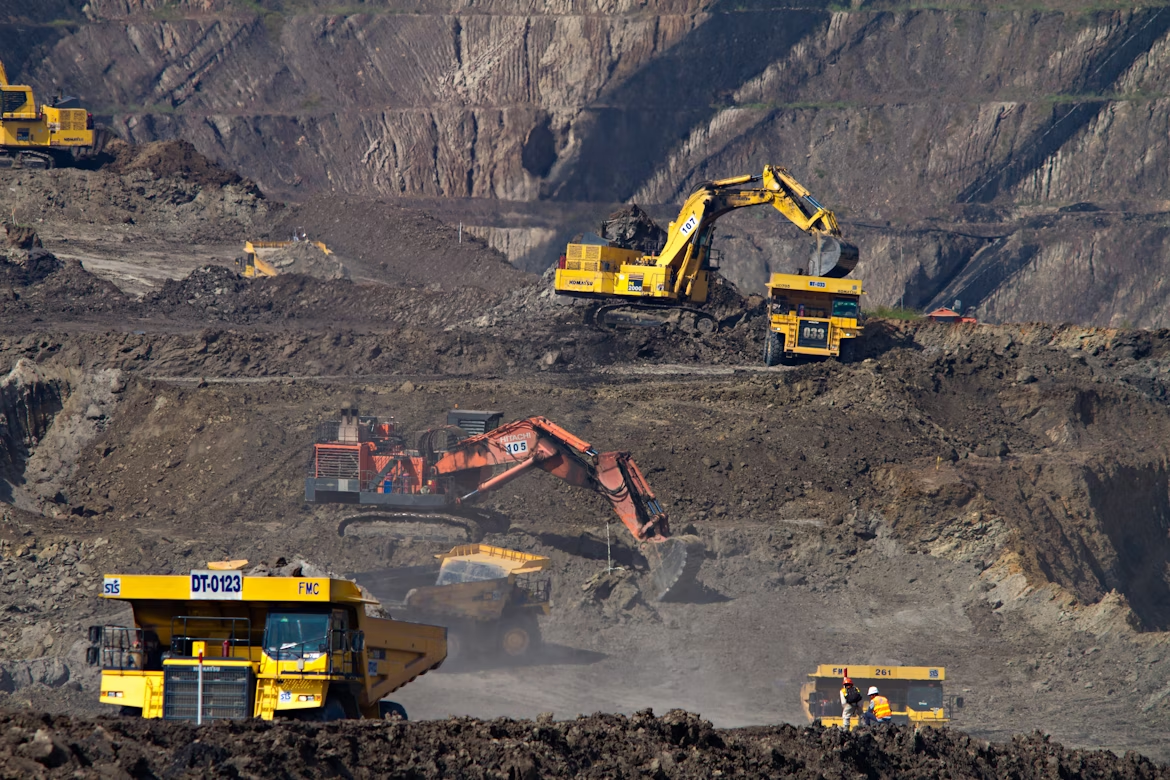On 1 January 2025, the Kenya Space Agency reported that an anthropogenic object from outer space had crashed near a village located on Kenyan territory. As of 6 January 2025, the Kenya Space Agency had not identified the origin of the object. When it does so, under international treaties, Kenya will likely be able to seek compensation for any damages to it or its citizens from the object’s launching State.
Background
According to a statement by the Kenya Space Agency (the “KSA”), a fragment of a space object in the form of a metallic ring of around 2.5 meters in diameter and weighing about 500 kg landed in Mukuku village, Makueni County, in the South of Kenya, on Monday, 30 December 2024. At present, the KSA has secured the area and it is analysing the space object to identify the owner. According to its preliminary assessment, the object is “a separation ring from a launch vehicle (rocket)”. Early reporting indicates that the object did not cause significant harm. The KSA announced that it will investigate and address this event “using the established framework under international space law”.
For now, internet reports that the object was Indian in origin have been dismissed as disinformation.
It is not uncommon for anthropogenic space objects to fall to Earth, which can cause damage to people and property. This has become a more frequent event in recent years. In 1981, the USSR indemnified Canada for damage caused by the fall of the Kosmos-954 satellite in 1978. In 2022, a SpaceX Dragon capsule landed on an Australian farming field and two reportedly Chinese space objects landed in Indian territory. More recently, in 2024, an American family whose home in Florida was hit by space debris filed a lawsuit against the US National Aeronautics and Space Administration claiming damages. Volterra Fietta is also aware of a recent settlement between a South American and East Asian State for damages caused by a falling space object.
Strict liability for damages
According to international space law, the so-called launching State of a space object is strictly liable for the damage caused by its fall to Earth.
The 1971 Convention on International Liability for Damage Caused by Space Objects (the “Liability Convention”) provides that the launching State is “absolutely liable to pay compensation for damage caused by its space object to the surface of the Earth”. The launching State liable under this Convention is the State (i) “which launches or procures the launching of a space object”; and (ii) “from whose territory or facility a space object is launched”.
The Liability Convention provides a different legal standard when one space object collides with another one outside the Earth’s atmosphere. In that case, compensation is only paid in the event of “fault” (a term that is not strictly defined).
Don’t look up
Space debris collisions, on Earth and in space, are an increasing occurrence. States and private space operators should prepare themselves now for the resulting future legal claims. This includes preparations for any investigations that may be necessary to collect the requisite evidence as soon as possible with the assistance of required technical and legal space experts. Due to the nature of space operations, it is imperative that such evidence is secured quickly before it might be lost and therewith the opportunity to obtain compensation for any damage or to demonstrate exculpating circumstances (in the case of a space collision or radio interference).
Volterra Fietta is the only law firm in the world dedicated to public international law, which includes international space law. Volterra Fietta’s lawyers have been and are counsel in the world’s most prominent space-related international disputes.
For further information, please contact info@volterrafietta.com.



